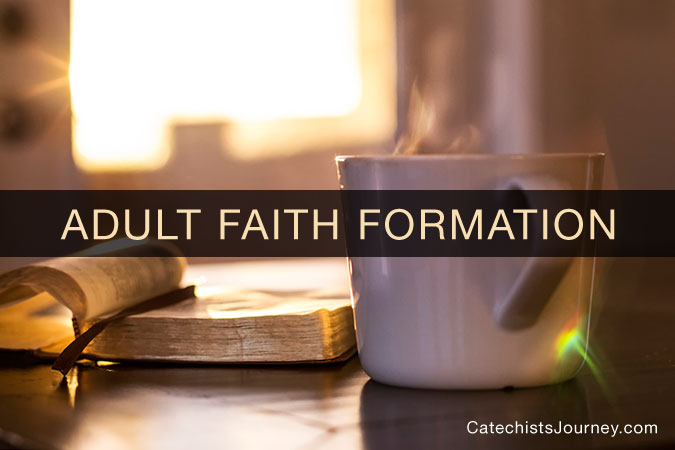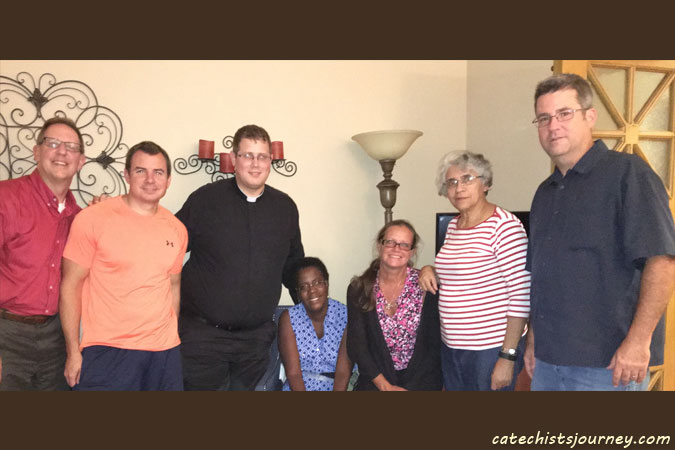
Welcome to the final installment of Entering Through Their Door & Knowing the Age Group You Teach, a series in which we look at the developmental stages of our learners. St. Ignatius of Loyola said that, when teaching or speaking to a group, it is always best to “enter through their door, but be sure to leave through your door.” His advice is that we need to take learners where they are and move them to the next step in their journey. In our previous articles, we looked at early childhood, primary grades, intermediate grades, junior high, and high school. In this post, we explore the development of adult learners. One of the biggest mistakes we make in adult faith formation is thinking that adults learn just like children do, and so we end up treating them like children.
In general, adult learners:
- are self-directed.
- desire ownership of their learning experiences.
- expect practical, real-life connections to all learning.
- expect to grow and see tangible results from learning.
- expect to achieve a specific goal and to learn things that will help them cope with life tasks and life changes.
- do not want to be talked at but prefer experiential learning.
- prefer engaging in meaningful conversation and meaningful action.
- expect to be treated as equals.
- expect to be invited to share their wisdom and experience.
- expect learning to be a social experience—an opportunity to interact with others.
With that as a background, consider using the following activities and methodologies, which work well with adult learners:
- hospitality
- brief lecture followed by response and/or sharing
- small-group discussion
- Q & A / Socratic method
- structure with flexibility
- autonomy and independence
- problem-based learning/case studies
- brainstorming and simulation/role-playing
- cooperative or collaborative learning/learning communities
- storytelling/personal sharing
- online learning/group synthesis
- guided reflections of up to 15 minutes
The General Directory for Catechesis reminds us that adult catechesis is the “chief form” of catechesis and that all other forms of catechesis must be “oriented to it.” (GDC 59) With that in mind, it behooves us to know how adults learn and to shape our adult faith formation experiences to meet adults where they are.
In addition to what I provided above, what other characteristics would you add to describe adult learners? What other activities or methodologies work best with adults?
The Loyola Press One Book, One Parish reading program is an affordable and effective reading program for Catholic parishes to enhance parish life by sharing high-quality spiritual books and encouraging community-building.





Be the first to comment